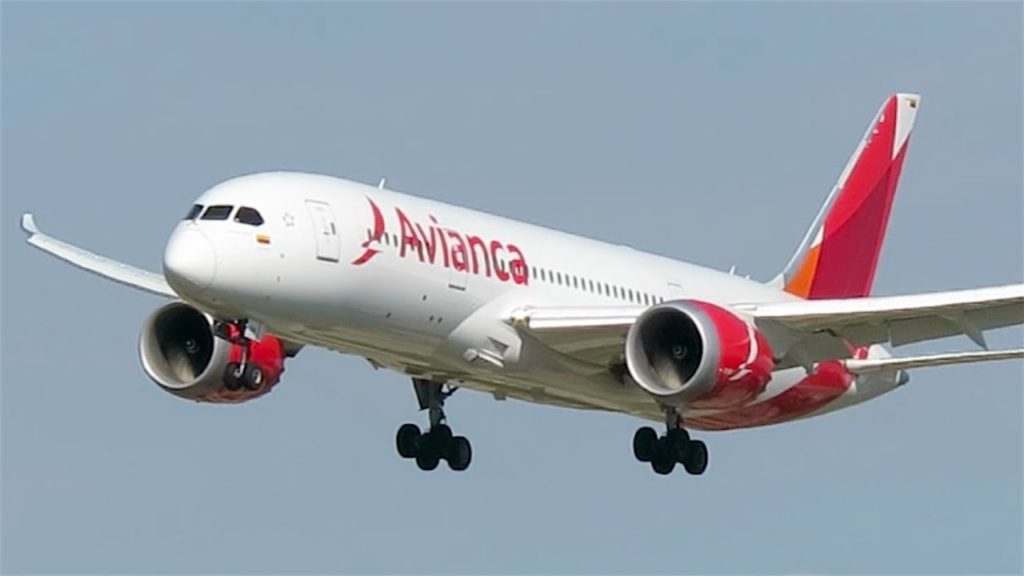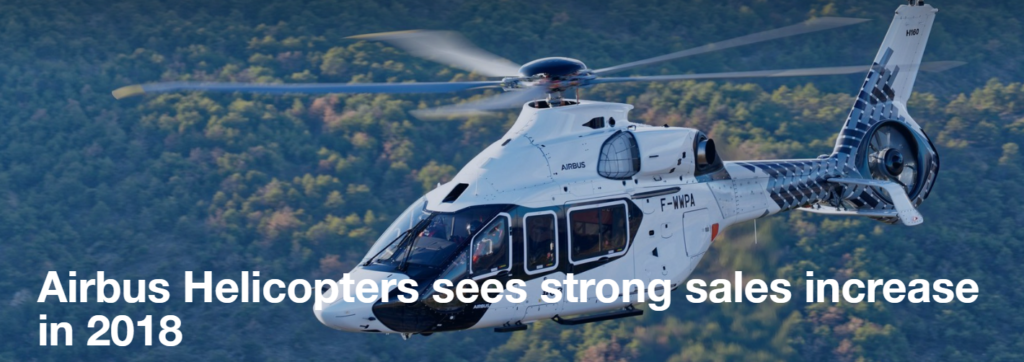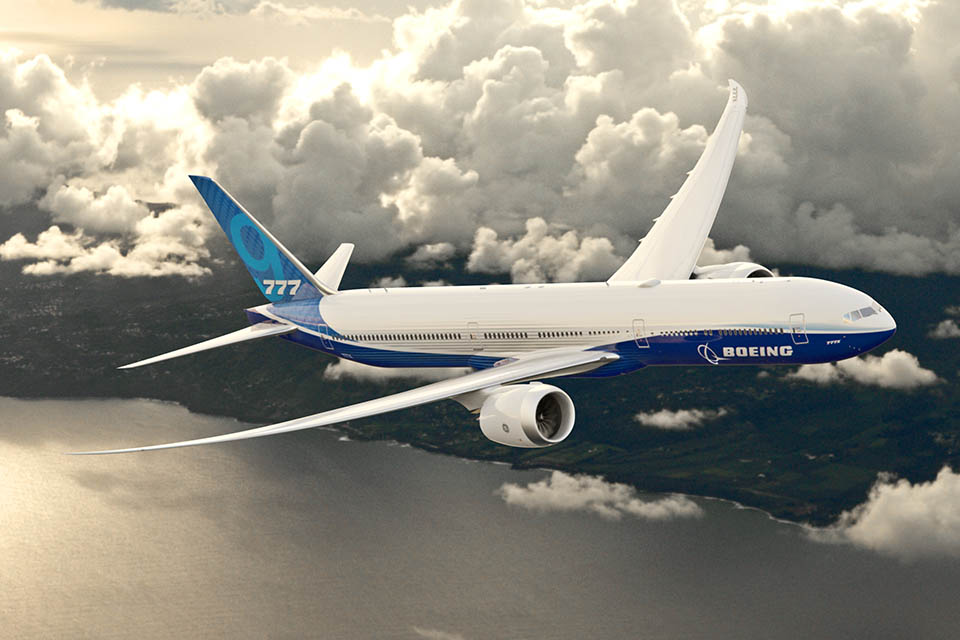Canada’s Answer to Tesla Is a $15,500 Electric 3-Wheeler
(Bloomberg) -- It’s all-electric like a Tesla. It’s priced like a Ford Fiesta. It’s one of the oddest-looking vehicles you’ve ever seen -- and it may just redefine the commuter car. As General Motors Co.…



